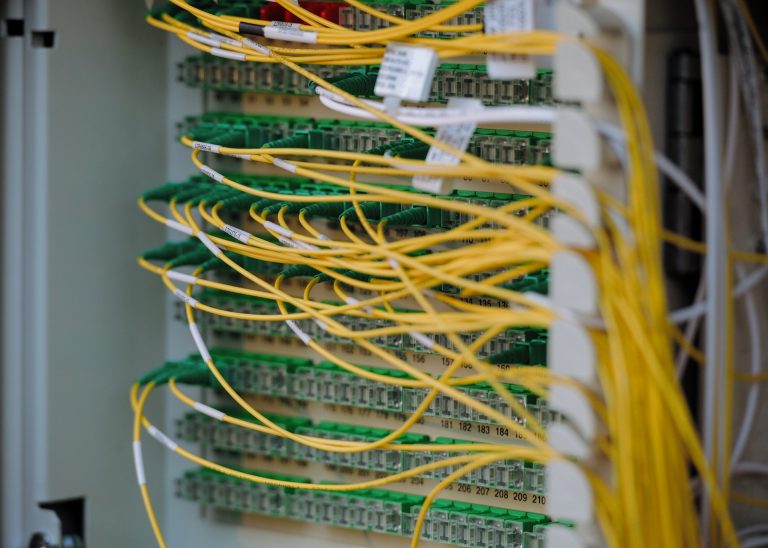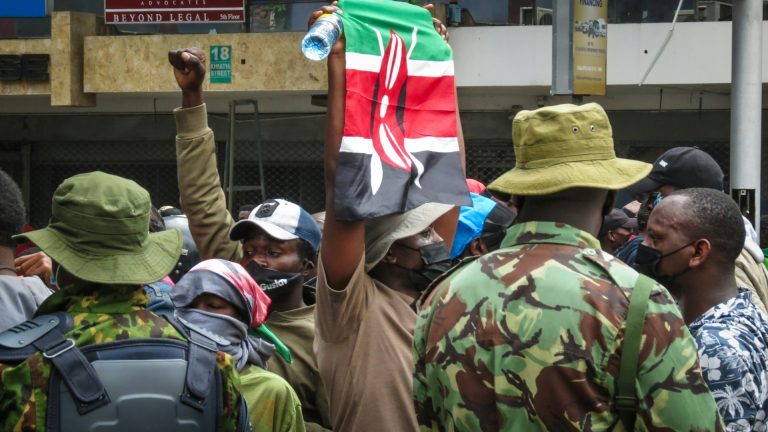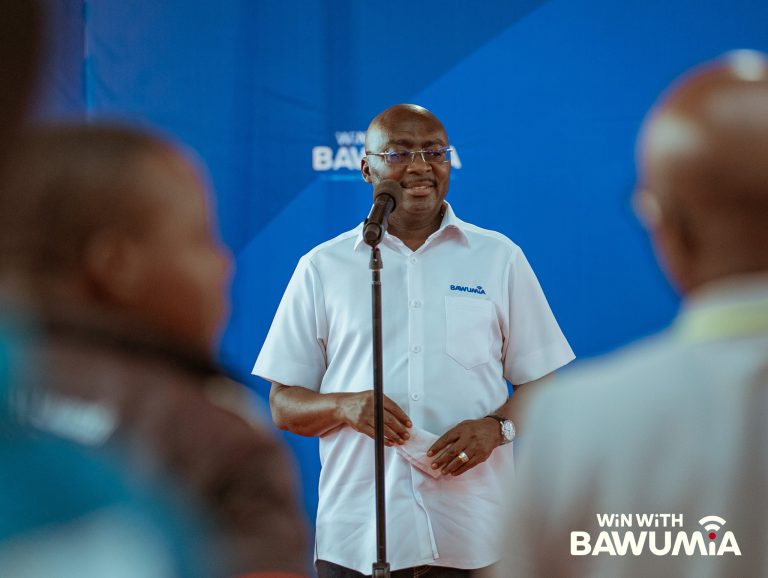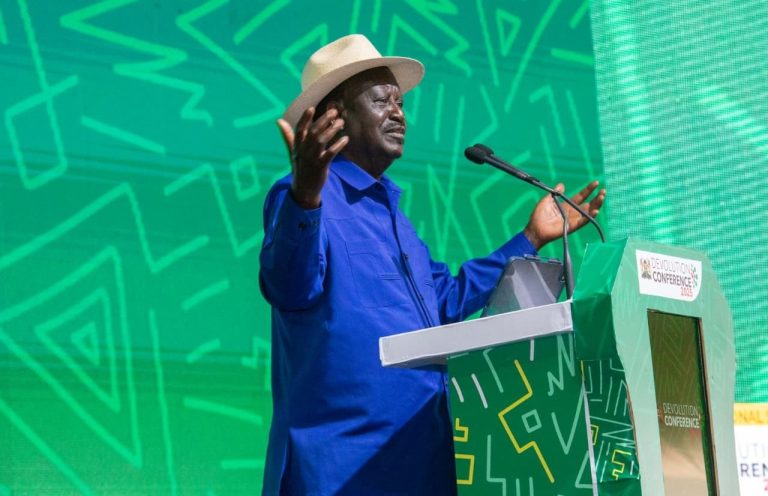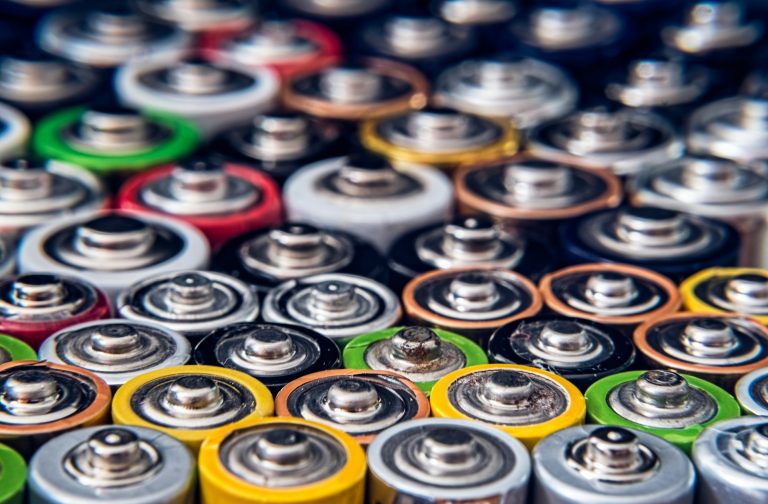- Nigeria to issue first $500mn international sukuk
- Move aims to fund infrastructure, repay costly debt
ABUJA, NIGERIA – Nigeria’s parliament has approved a plan to raise $500 million through its first-ever international sovereign sukuk, marking a milestone in the country’s search for cheaper and more diversified funding sources.
The House of Representatives gave President Bola Tinubu the green light to proceed with the issuance of the Shariah-compliant bond. The proceeds will be used to finance key infrastructure projects and repay portions of Nigeria’s high-cost debt, according to government officials.
Up to 25% of the funds will go toward debt servicing, authorities said.
Nigeria eyes Islamic finance to diversify funding
Nigeria, Africa’s largest economy, is seeking to leverage growing investor appetite for Islamic bonds as emerging markets increasingly turn to sukuk as a cost-effective alternative to traditional debt.
The government has seen impressive outcomes from previous domestic sukuk issuances. Since debuting in 2017, Nigeria’s local sukuk programme has raised a cumulative ₦2.2 trillion ($1.3 billion) by May this year and was oversubscribed by 735%, according to the Debt Management Office.
“This move will deepen market confidence,” Oluyemi Adeegbe, senior analyst at the Nigeria Sovereign Investment Authority, told Allen Dreyfus.
“Sukuk will be in naira. So when they get dollar, use whatever they need, and when they want to pay back those guys, they just issue some naira, convert to dollar and pay back those guys, with something at the back of their mind that the rates are going down in terms of fx rate,” Adeegbe noted.
He added: “I think it’s about the costs. It’s cheaper and brings in that FPI, that foreign portfolio investment. The credit rating is fine.”
Strong global demand for sukuk
Nigeria’s debut in the international sukuk market comes as demand for Islamic bonds remains robust. Fitch Ratings said in a commentary on Thursday that nearly 80% of sukuks it monitors are investment grade, and none have defaulted this year.
The government intends to go ahead with the issuance whether or not it secures a credit enhancement guarantee from the Islamic Corporation for Insurance of Investment and Export Credit (ICIEC), a subsidiary of the Jeddah-based Islamic Development Bank (IsDB).
Analysts say Nigeria’s recent removal from the Financial Action Task Force’s list of countries under increased monitoring for money laundering and terrorist financing on 24 October could strengthen investor confidence. Adeegbe noted that the country’s improving credibility in economic and fiscal management “will be attractions for investors.”
The issuance underscores Tinubu’s push to rebuild investor trust and expand financing options as Nigeria faces mounting fiscal pressures from debt repayments and declining oil revenues.



